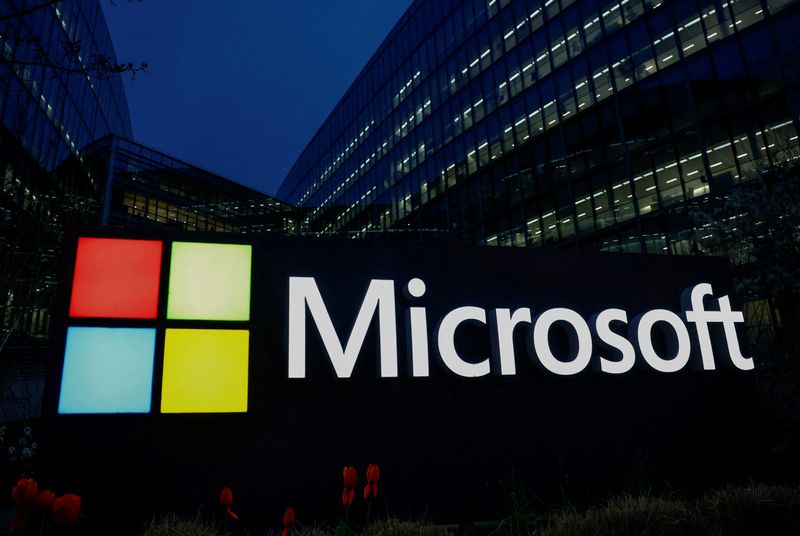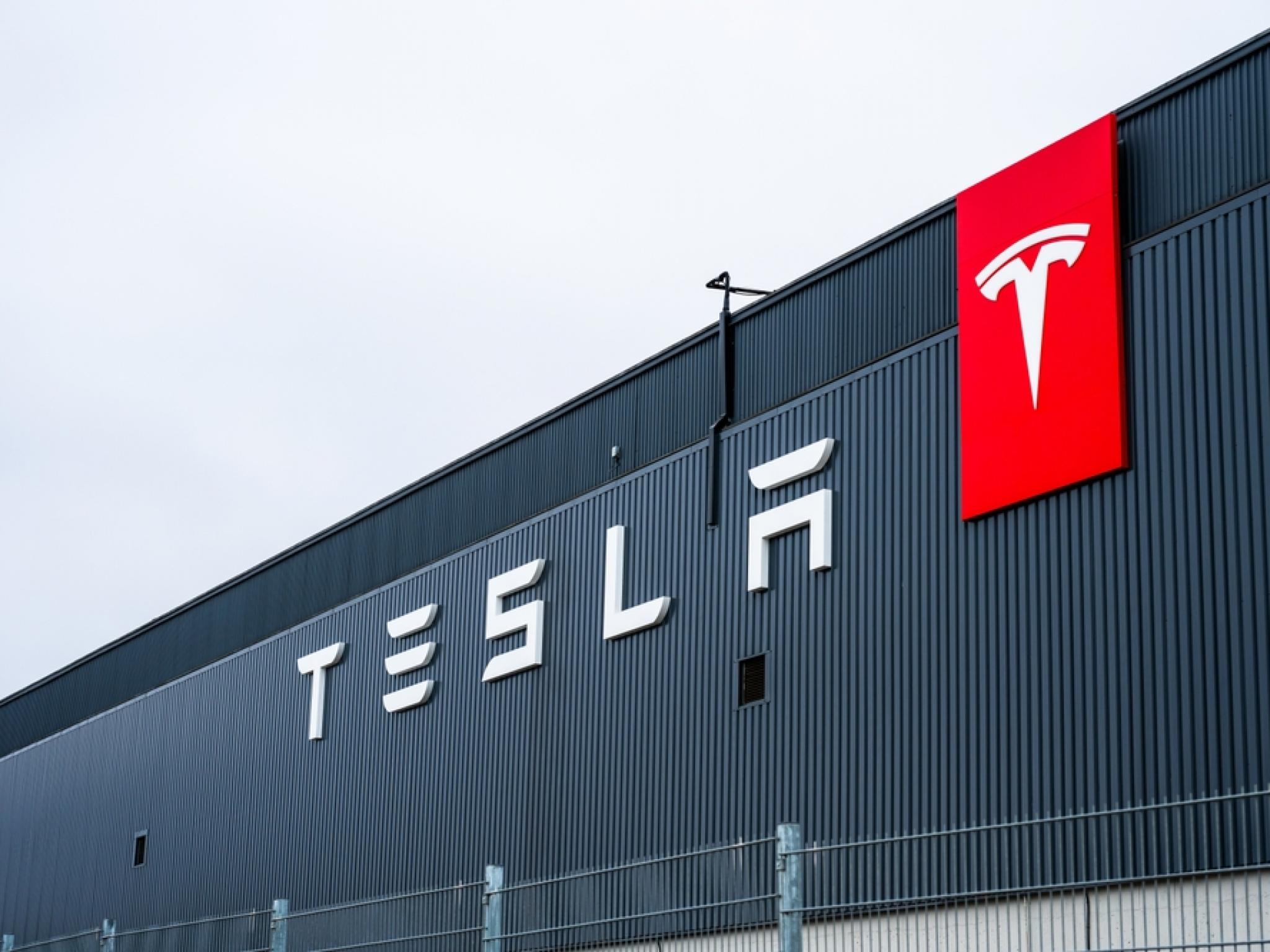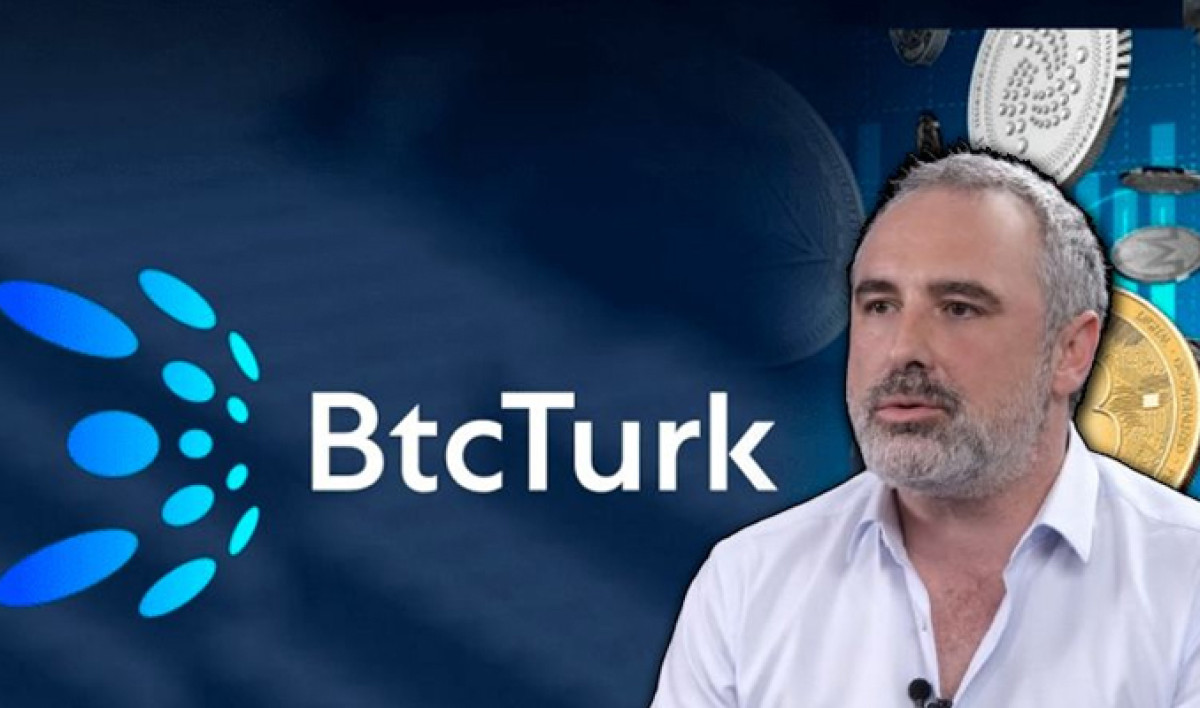
American Companies Did Not Remain Indifferent to the Climate Crisis at COP30.


BELEM, Brazil - Despite the U.S. government's retreat from the global climate agenda ahead of the COP30 summit, American companies have not stepped back on this issue. A Reuters analysis shows that 60 representatives from Fortune 100 companies were present at the event in Brazil, compared to 50 at last year's event in Baku, Azerbaijan. Additionally, other representatives attended pre-conference events in Brazil's financial centers, Sao Paulo and Rio de Janeiro.
The event featured major names such as technology firms like Microsoft and Google, energy company Occidental Petroleum, automobile manufacturer General Motors, and financial institution Citigroup. Andrew Wilson, deputy policy director of the International Chamber of Commerce, stated, "We have not seen a noticeable change in U.S. companies’ participation in climate policies this year. This is also evident in the level of participation."
Executives noted that now is not the right time to withdraw from climate discussions, as rising temperatures threaten factories, supply chains, and profit margins. Jim Andrew, PepsiCo's Sustainability Manager, explained, "We do this because it is good for business. It enhances supply security."
Darren Woods, CEO of U.S.'s largest oil company ExxonMobil, was among other U.S. executives attending pre-COP events. Lou Leonard, Dean of the Climate, Environment and Society School at Clark University, emphasized the important roles these participants have for the future of climate action.
An analysis by the Global Sustainability Center at the University of Maryland found that existing federal and local policies could achieve a 35% reduction in U.S. emissions by 2035, largely driven by the private sector. Gina McCarthy, former head of the U.S. Environmental Protection Agency and current co-chair of the 'America Is All In' coalition, stated, "Regardless of the headlines, the private sector continues to invest in and implement clean energy."
The two-week COP30 conference will also host many small U.S. companies vying to benefit from the world's transition to low-carbon energy. Brennan Spellacy, CEO of the carbon credit platform Patch, said, "Being here is about building global connections."
U.S. President Donald Trump had described climate change as a hoax. However, despite the federal position of the U.S., regulations are changing to accelerate the energy transition worldwide. Jack Hurd, head of the World Economic Forum's Global Systems Agenda and the Tropical Forest Alliance, stated, "Regardless of the rhetoric coming from the U.S., the market is moving, and policymakers are recognizing the shift."
More U.S. companies are outlining their climate strategies despite a decreasing necessity for federal regulation. However, the quality of companies' plans globally remains low. Maria Mendiluce, CEO of the We Mean Business Coalition, stated, "The U.S. has a decisive role in global climate, energy, and industrial policy, so the presence of subnational leaders, non-state actors, and businesses at COP30 is significant. Even in the face of uncertainty in local politics, U.S. markets shape capital flows and technological pathways. This kind of participation shows investors that the world's largest economy understands the importance of the energy transition for competitiveness, innovation, and security."
```.png)
Yakında Tüm Platformlarda
Sizlere kesintisiz haber ve analizi en hızlı şekilde ulaştırmak için. Yakında tüm platformlarda...






.png)